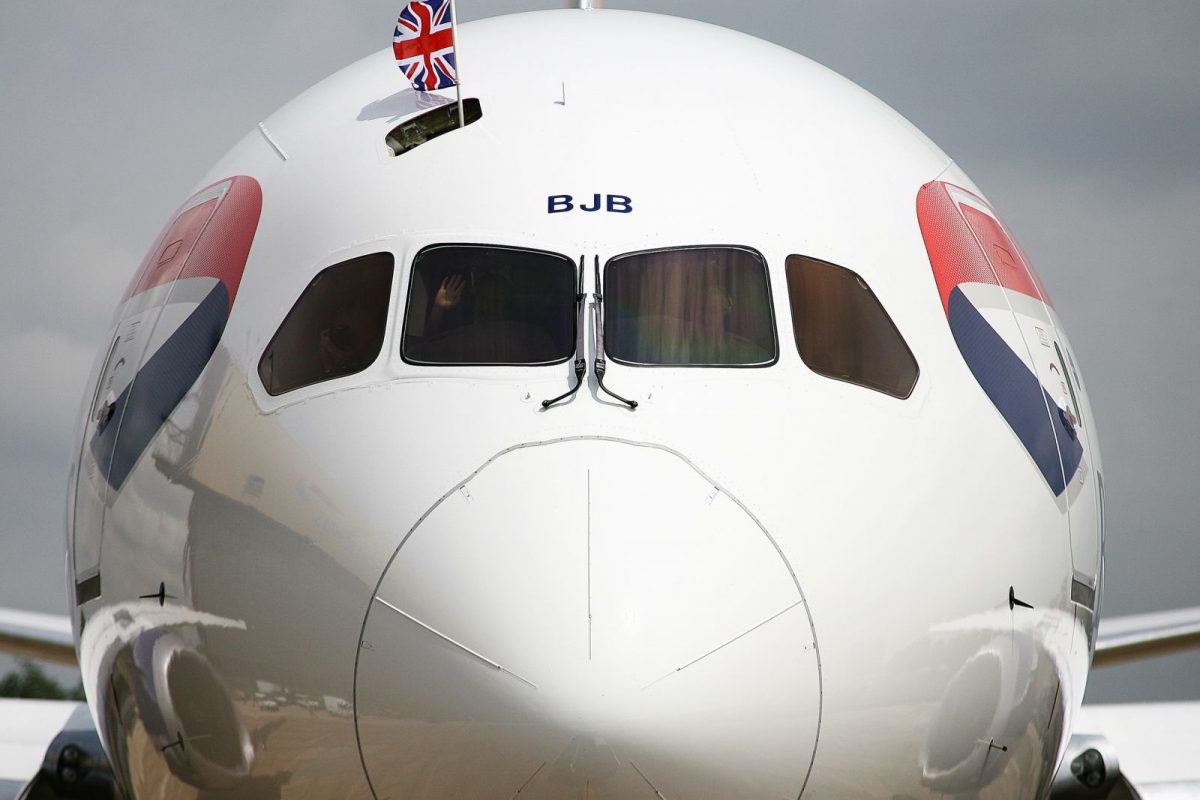How travel companies can make the most out of their online marketing
Sunday, 06 Apr, 2010
0

TravelMole guest opinion by Simon Bowker, UK managing director of online marketing service provider eCircle
The online interaction between you and your customers is just like any other relationship. It requires time, effort and consideration. And beyond that, the correspondence must be convenient, and delivered in a way that is relevant and appropriate to the consumer.
Travel companies should remember that regardless of channel, any form of marketing that is mistargeted, badly composed or difficult to respond to, can be and will be, classified as junk.
Our day to day lives are saturated with marketing messages and so it is more important than ever for travel marketers to work at engaging consumers in a two way conversation, in order to ensure cut through and create loyal brand ambassadors.
Email is one of the best ways for travel companies to go about establishing a relationship with both potential and current customers in a friendly, personal and engaging manner.
That said, it is astonishing just how many travel companies are failing to really make the most out of this valuable marketing channel. In order to make the most of email marketing, travel companies need to follow basic best practice guidelines.
Catching their eye
I’ll never understand why companies don’t use their own company name as the addressee, in order to grab attention straight away. Whether this is in a bid to remain informal and personal, or as a cryptic tactic to evoke intrigue and mystery, I don’t know. In actual fact this approach is just more likely to ensure your mail is consigned to the junk mail folder.
Your email needs to make it past the first hurdle – ultimately, you need the recipient to open it in the first place! Don’t leave room for misinterpretation, make the benefits clear and put out an unmistakable call to action. Consider what will catch the attention of your reader and then test, test and test again on a small section of your database, to see what really generates the best results.
Good first impressions:
The benefits of getting this first stage right are endless. We all recognise the difference between receiving a mailer addressed ‘To the Homeowner’ and one that addresses you by name. We’ve all been distracted, amused or entertained by a viral that applies our name cleverly – people respond more to communications that they feel were created specially for them.
As they say ‘content is king’, so think about what your customers are looking for. When we worked with Tourism Ireland to drive traffic to their site and increase numbers of tourists visiting Ireland, a combined approach of using a 24 day advent calendar campaign with daily updates, localised content, prize draws and video messages proved to be the best approach. The campaigns gained some fantastic results such as high open rates of 72% and click rates of 97%.
Get personal:
Personalisation doesn’t just mean greeting your customers by name at the start of the email. It’s an opportunity to build up knowledge of each individual customer and thus keep the customer happy at every stage of the customer lifecycle. Using the sophisticated technology that’s now available from many email software providers (ESPs), travel companies have the opportunity to send out very specific content to their customers.
Looking at the life cycles of different customers can help you deliver the right content, at the right time. This can range from sending a birthday email and sending customers content based on where they live, to knowing that young working professionals signed up to your newsletter will be more likely to take you up on an offer for a cheap weekend city break than a family with young children. We all like to be made to feel special.
Stay in touch:
Contrary to popular belief, the difficult part isn’t the initial communication, it’s sustaining it. As soon as the relevance dwindles, consumers will go elsewhere. So, content needs to be dictated not by you, but by your customer. Always ask your customers what information they would like to receive – this approach makes your customer feel important and valued. It means that your communications are informed and insightful, and your message is much more likely to resonate with its recipient.
The bigger picture:
You may well be opting to communicate via email, but don’t forget that the average consumer is well and truly multi-channel. Don’t cut off any potential customers by omitting any contact details – feature phone numbers, postal addresses, basically anything else that will make it easier for your customers to get in touch – for example, they may be happy to receive the initial information about holidays via email but would prefer to talk the options through over the phone.
Technology is making it easier for your customers to share the information you send to them. So make sure your email is linked up to appropriate social media channels to ensure that you don’t miss out on any discussions about your offer.
Say thank you
You should be putting just as much effort in looking after your existing customers, as you put in to acquiring new ones. Rewarding loyalty with a simple gesture, such as a gift or discount, can be extremely effective.
All relationships need work, and an email relationship is no different. If a customer walks into a store and makes a purchase, they will be automatically thanked for their custom. These basic manners don’t always seem to be transferred to the online world. This simple point could make the difference between a one off purchase, and a long term relationship.
With more and more customers using the internet at some point during the research, decision making and purchasing stages of their holiday, it’s vital travel companies get their online communications right. Email has a pivotal role to play in this, as it is the most direct and personal way to talk to your customers online, and done in the right way, can have a huge impact on sales.
You just need to remember to target your customers correctly, with a relevant, engaging message, make it easy for them to respond and keep the lines of communication open – and everything else will fall into place.
Phil Davies
Have your say Cancel reply
Most Read
TRAINING & COMPETITION
 United Kingdom
United Kingdom United States
United States Asia Pacific
Asia Pacific












































Dozens of bodies recovered from DC river after midair collision
JetBlue scraps London Gatwick flights
Quake warning in Santorini after hundreds of tremors
Southwest plane hit by gunfire at Texas airport
Another BA emergency slide mishap